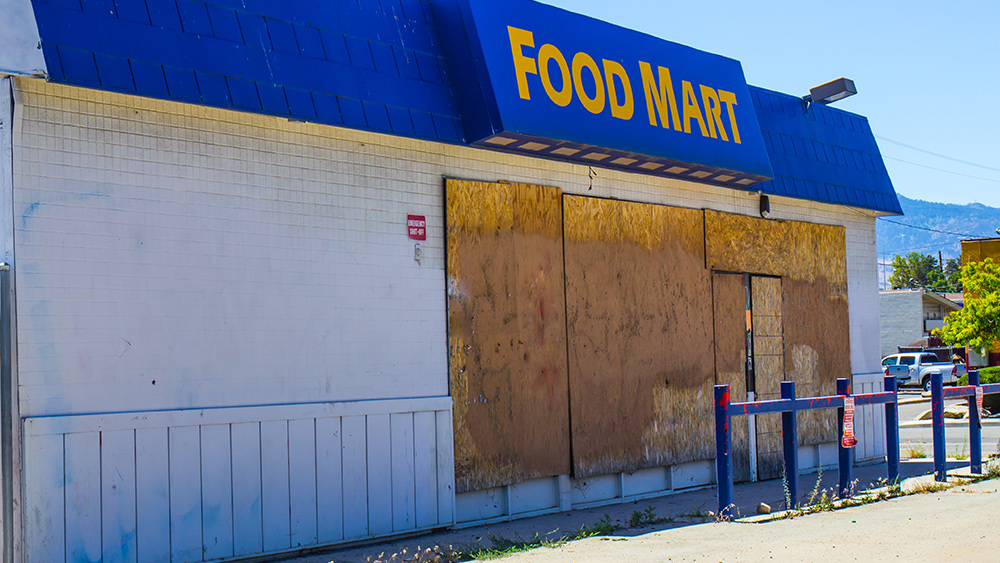 Parler
Parler Gab
Gab
Crimes are not the only reason why stores are shuttering in San Francisco
The proposed legislation comes amid the improving crime incidence in San Francisco. Early this month, Mayor London N. Breed unveiled the latest crime statistics for San Francisco, demonstrating a sustained decrease in crime throughout February. This decline is attributed to enhanced collaboration among local, state and federal agencies. Highlights from the crime trends in February 2024 include a 29 percent reduction in property crime and a 17 percent decrease in violent crime compared to February 2023. These reductions are evident across various crime categories, encompassing declines in robbery, motor vehicle theft, larceny-theft (including car break-ins), and assaults. Notably, there were no reported homicides in San Francisco for February. These trends reflect a broader reduction in crime over the past six months. Since September 1, compared to the same period in the previous year, San Francisco claims that property crime has decreased by 30 percent and violent crime has decreased by four percent. However, businesses have other reasons to leave the City by the Bay, including the high cost of living there and the high tax rate in California. Watch this clip from the "Timcast IRL" discussing the crime wave sweeping San Francisco and the rest of the United States. This video is from the GalacticStorm channel on Brighteon.com. More related stories: Once-posh Beverly Hills now littered with CLOSED STORES amid California crime wave. Group of Organized Retail Crime (ORC) thieves targeting luxury retail stores in California. Major retailers cite RETAIL THEFT as justification for using AI-powered surveillance in stores. Sources include: NYPost.com SF.gov Brighteon.comU.S. quietly sent Ukraine long-range missiles following a secret directive from Biden
By Cassie B. // Share
Biden signs $95 billion aid package for Ukraine, Israel and Taiwan into law
By Laura Harris // Share
Texas congressman slams George Soros over his acquisition of radio giant Audacy
By Kevin Hughes // Share
Governments continue to obscure COVID-19 vaccine data amid rising concerns over excess deaths
By patricklewis // Share
Tech giant Microsoft backs EXTINCTION with its support of carbon capture programs
By ramontomeydw // Share
Germany to resume arms exports to Israel despite repeated ceasefire violations
By isabelle // Share










